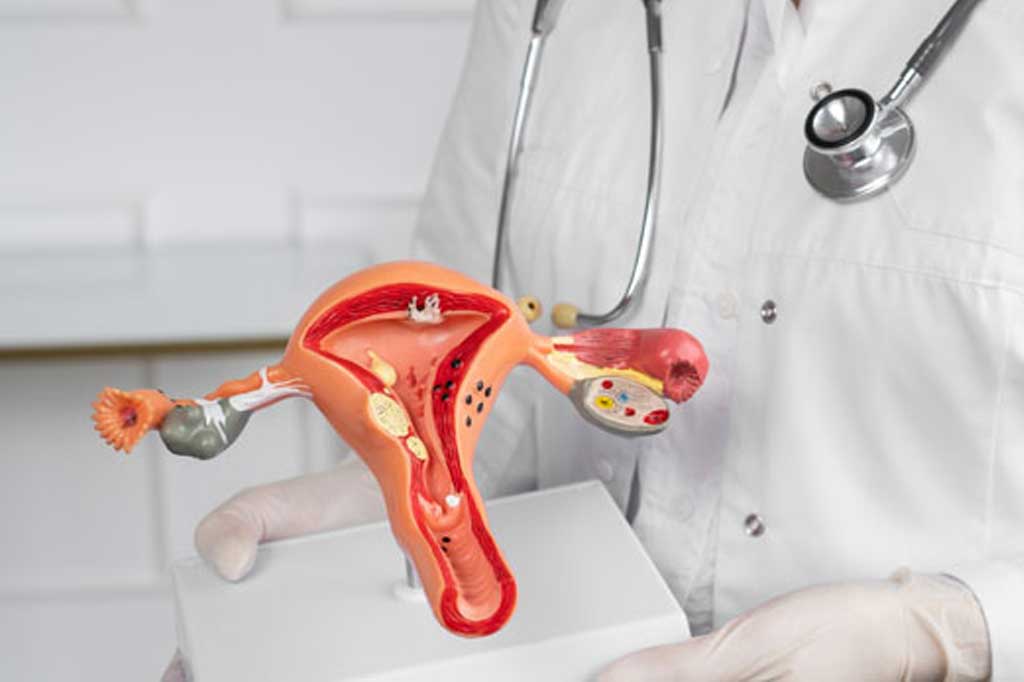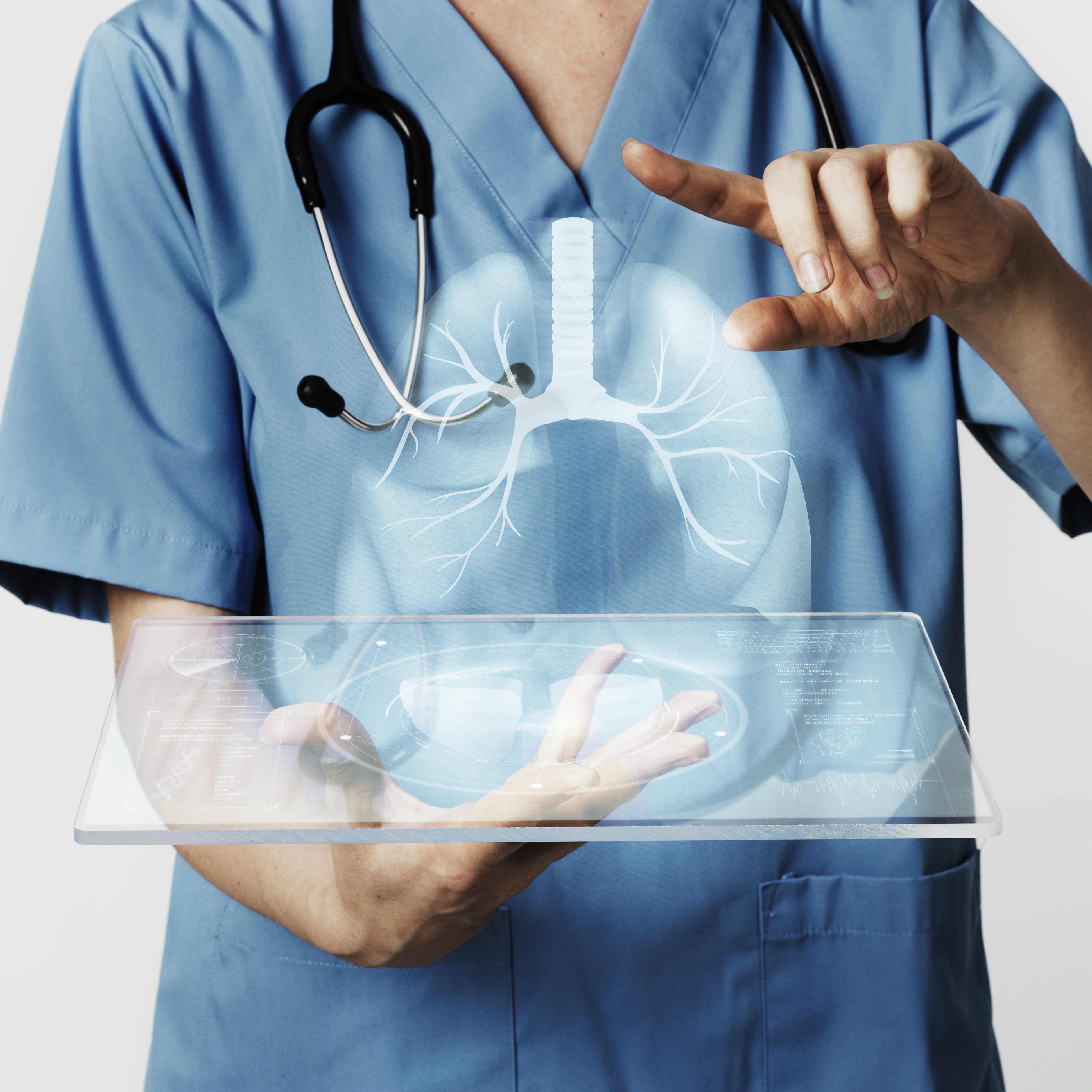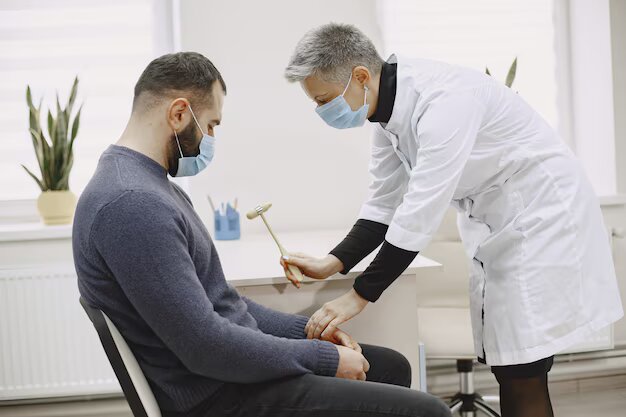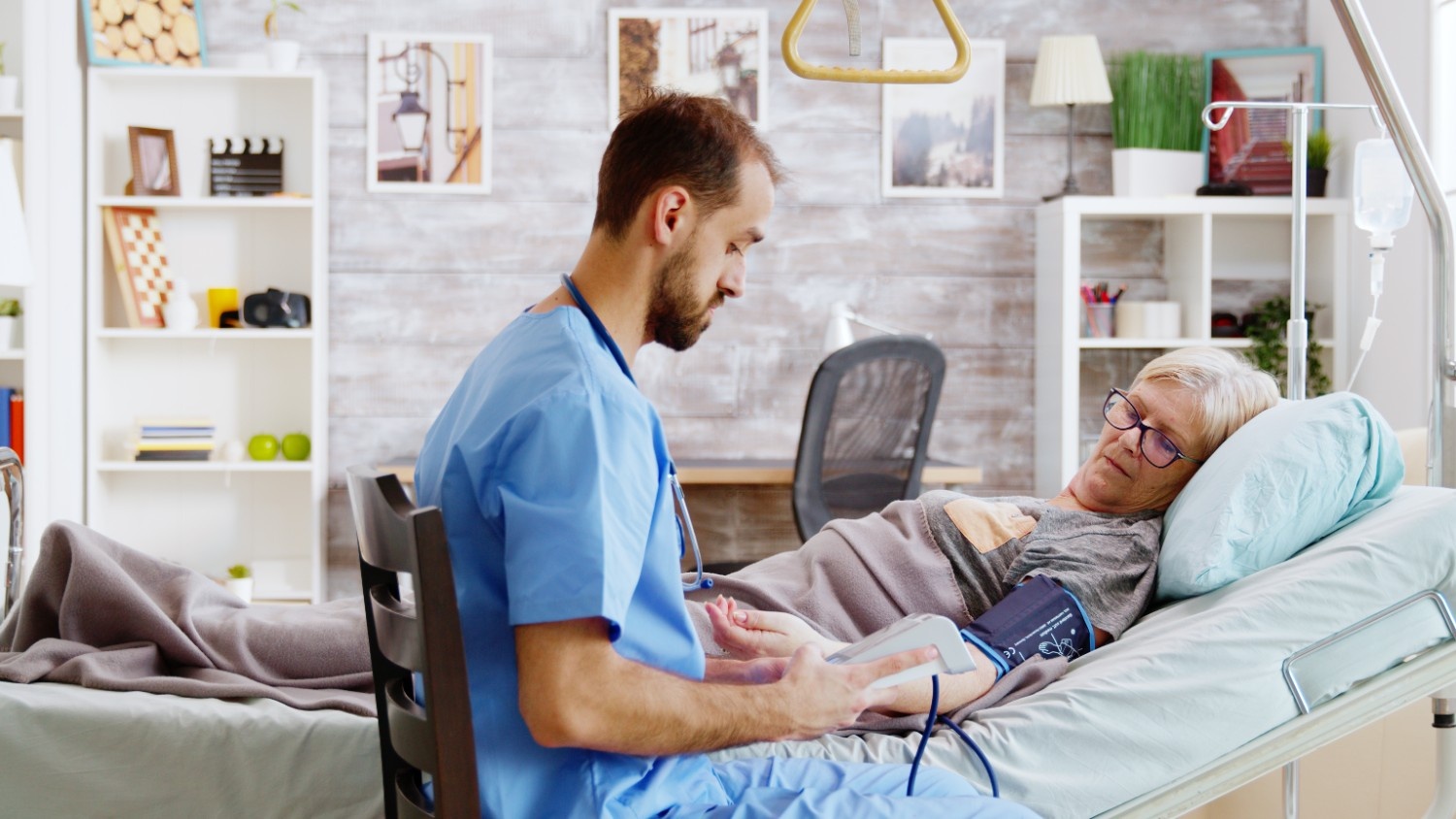 Press Releases That Rank – Boost Authority & Brand Trust Fast!
Press Releases That Rank – Boost Authority & Brand Trust Fast!
Prostate Cancer Treatments: Side Effects and Recovery Tips
Written by Iccg India » Updated on: June 17th, 2025

Prostate cancer is one of the most common cancers affecting men worldwide. Early detection and timely treatment can lead to better outcomes, but the journey through treatment and recovery can be challenging. Understanding the potential side effects of various treatments and knowing how to manage them is crucial for improving quality of life during and after treatment.
Common Prostate Cancer Treatments
Prostate cancer treatment varies depending on the stage and aggressiveness of the disease. Common options include:
Surgery (Prostatectomy)
Surgery involves the removal of the prostate gland. It is often recommended for early-stage cancers confined to the prostate.
Radiation Therapy
This treatment uses high-energy rays to kill cancer cells. It can be external beam radiation or brachytherapy, where radioactive seeds are implanted in the prostate.
Hormone Therapy
Hormone therapy reduces androgen levels, slowing the growth of cancer cells. It is commonly used for advanced stages.
Chemotherapy
Chemotherapy is used when cancer has spread beyond the prostate. It involves drugs that kill or stop the growth of cancer cells.
Active Surveillance
In cases of slow-growing cancer, active surveillance may be an option, involving regular monitoring without immediate treatment.
Potential Side Effects of Prostate Cancer Treatments
Each treatment comes with its own set of potential side effects. Being informed about these effects can help patients prepare and seek appropriate care:
Surgery Side Effects
Urinary Incontinence: Temporary or long-term loss of bladder control.
Erectile Dysfunction: Damage to nerves near the prostate can affect sexual function.
Infection and Pain: Post-surgical recovery may involve discomfort and risk of infection.
Radiation Therapy Side Effects
Fatigue: A common effect due to the body's response to radiation.
Skin Irritation: Redness or soreness in the treated area.
Bowel and Urinary Issues: Diarrhea, rectal bleeding, or increased urination.
Hormone Therapy Side Effects
Hot Flashes: Similar to menopause symptoms in women.
Loss of Bone Density: Increased risk of fractures over time.
Mood Swings and Fatigue: Hormonal changes may affect mental health.
Chemotherapy Side Effects
Nausea and Vomiting: Common but manageable with medications.
Hair Loss: Temporary but emotionally challenging for some.
Weakened Immune System: Increased susceptibility to infections.
Active Surveillance Concerns
Anxiety: Knowing cancer is present but untreated may cause emotional distress.
Risk of Progression: Regular follow-ups are essential to monitor any changes.
Recovery and Managing Side Effects
Recovering from prostate cancer treatment requires patience and support. Here are some tips to navigate this journey:
Physical Rehabilitation
Pelvic floor exercises can help regain bladder control after surgery.
Staying active with light exercises like walking can reduce fatigue and improve overall strength.
Emotional Support
Consider joining a support group to connect with others facing similar challenges.
Counseling or therapy can help address feelings of anxiety, depression, or changes in body image.
Healthy Diet
Focus on a balanced diet rich in fruits, vegetables, whole grains, and lean proteins.
Avoid excessive sugar and processed foods to maintain energy levels and support healing.
Regular Medical Follow-ups
Schedule periodic visits with your prostate cancer specialist to monitor recovery and detect any recurrence early.
Inform your doctor about any persistent or severe side effects for timely intervention.
Medications and Supplements
Your healthcare provider may recommend medications to manage specific side effects like nausea or bone loss.
Avoid self-medicating without consulting your doctor.
Finding the Right Care in Chennai
Prostate cancer patients need comprehensive care tailored to their unique needs. For those seeking prostate cancer treatment in Chennai, finding a center with experienced specialists is essential. Chennai is home to some of the most advanced cancer care facilities, equipped with state-of-the-art technology and a multidisciplinary approach to treatment.
Centers like ICCG India are known for offering the best prostate cancer treatment in Chennai, combining expertise, compassion, and innovation. Their team of skilled prostate cancer specialists ensures that each patient receives personalized care, from diagnosis to recovery.
Conclusion
Prostate cancer treatment is a journey that requires informed decisions, resilience, and access to quality care. Understanding the side effects of different treatments and how to manage them can empower patients and their families to navigate this challenging time with confidence.
If you're looking for compassionate, world-class cancer care, ICCG India stands out as a beacon of hope in Chennai. Their dedication to providing the best prostate cancer treatment ensures that every patient receives the care they deserve, promoting recovery and improving quality of life.
Note: IndiBlogHub features both user-submitted and editorial content. We do not verify third-party contributions. Read our Disclaimer and Privacy Policyfor details.
Copyright © 2019-2025 IndiBlogHub.com. All rights reserved. Hosted on DigitalOcean for fast, reliable performance.













